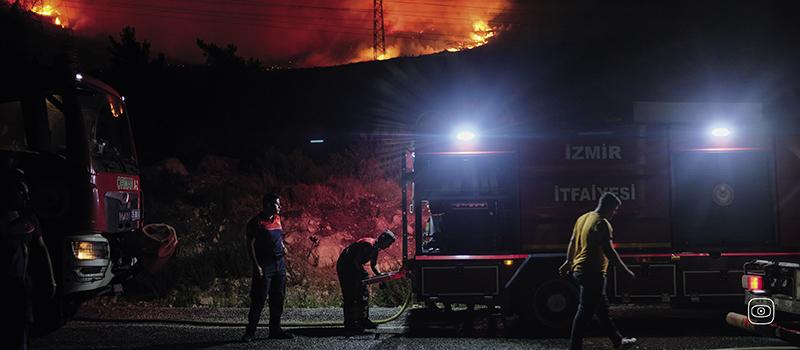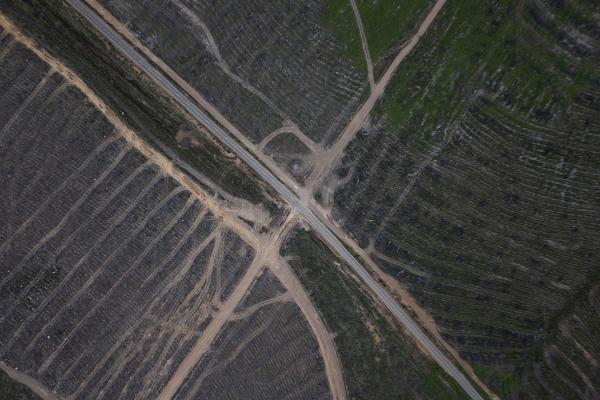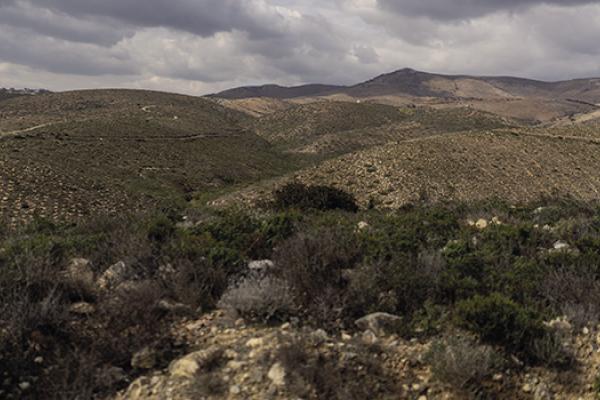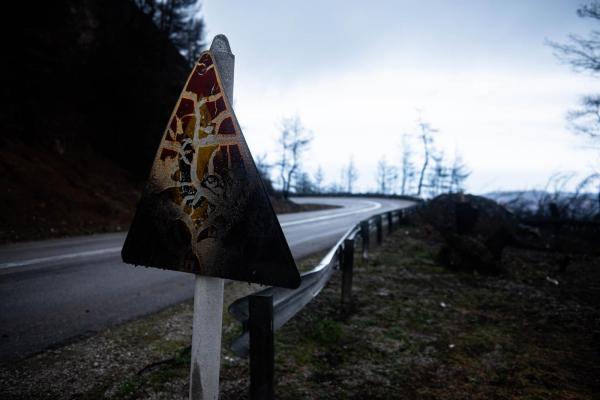Turkey and Italy are among the countries with the highest number of hectares burnt land. Forests are a major area of conflict in Turkey and Italy, where land-use interests are challenging wind protection regulations.
In 2024, the forests reduced to ashes in Turkey will be almost the size of Malta. Some laws requeire burned areas to be reforested, but others encourage the development of lucrative infrastructure, even in forests. We investigated why Turkey's forests are still being decimated by fires that are bigger and more frequent every year, exposing the hidden link between wildfires and profit-driven forestry policies. The main challenge of investigating wildfires in Turkey was the near absence of (objective) public information, which we countered by visiting sites with local forest engineers, working with satellite imagery and talking to the historic community living in symbiosis with nature.
Sicily is one of the regions in Itlay most affected by forest fires.. Every year ten of thousand of fires damage ecosystems and endanger the lives of local people. The regional government spends tens of millions of euros a year on a complex system of prevention and suppression, but the results are poor despite numerous promises and attempts to invest in new technologies. The investigation sheds light on the long chain of institutional failures and reveals that even the prosecutors still have no clear strategy to stop the arsonists. Is there a single orchestrated plan behind the arson attacks, or are they simply the result of indivitual actions facilitated by disorganisation and neglect of the land?
Photo: Workers from the Directorate of Forests and firemen take a break after fighting gires in Balıklıova, Izmir, Turkey on 17 August. While the cause of half of Turkey's fires is officially unknown, the governor of Izmir said this one was caused by faulty power lines. (c) Aylin Elci










